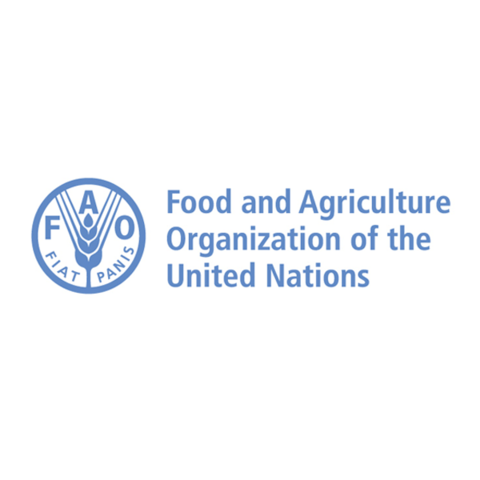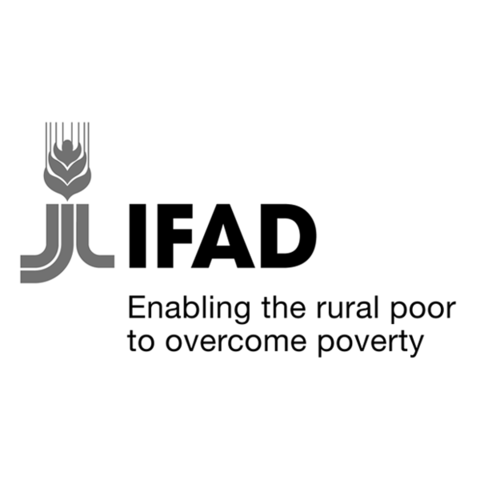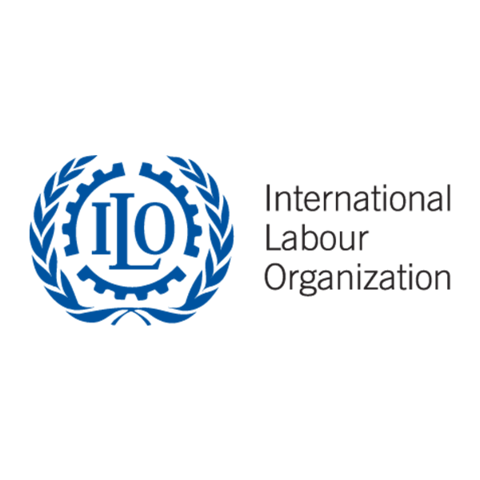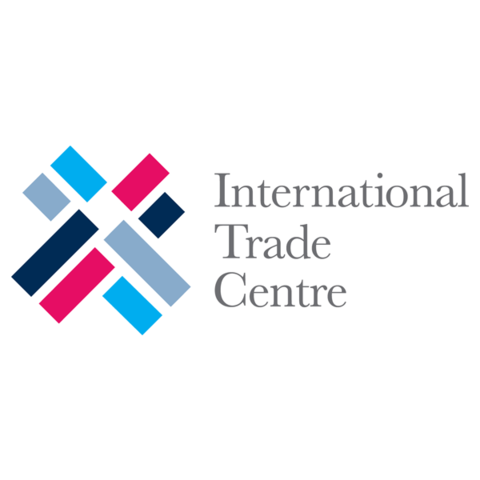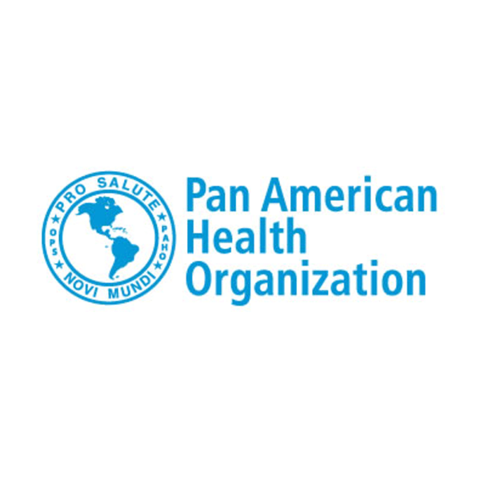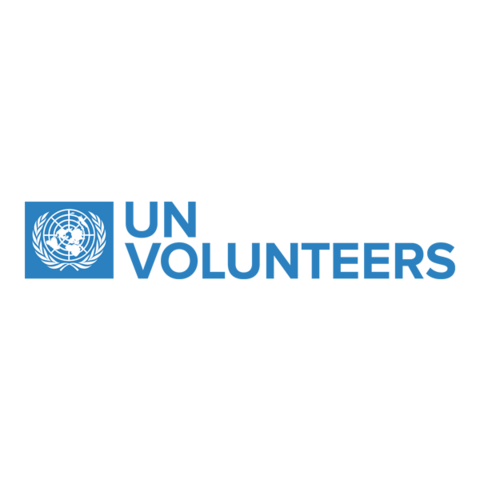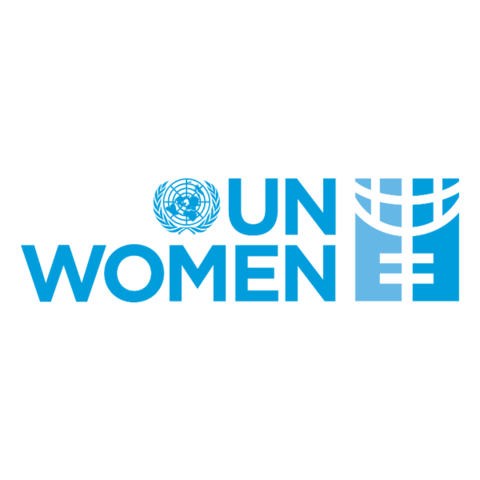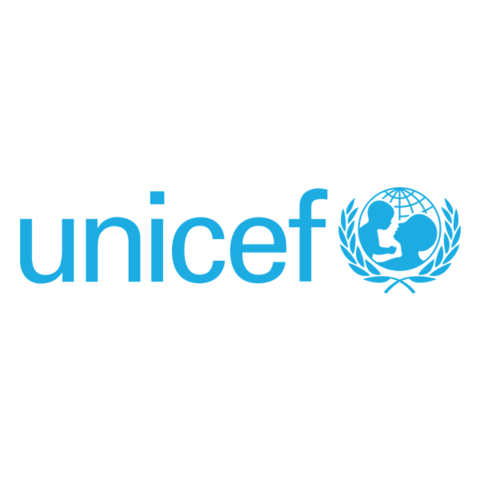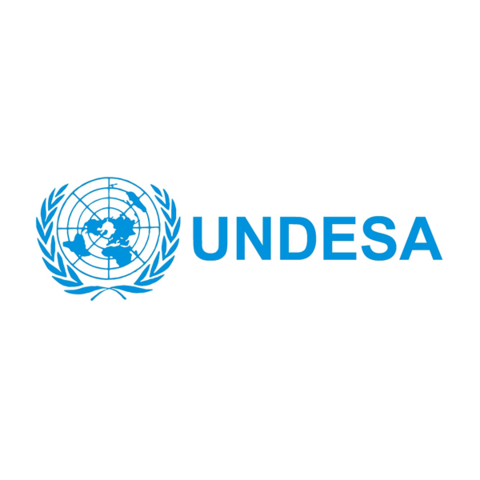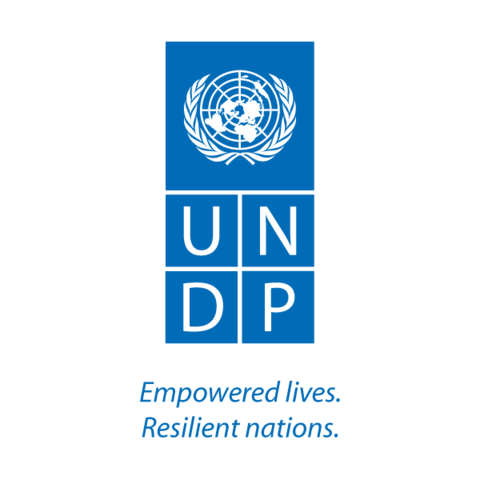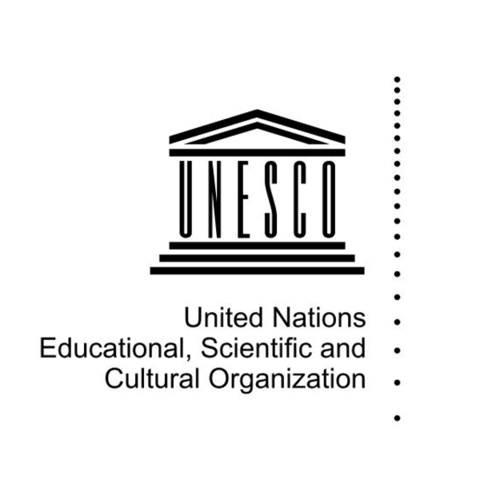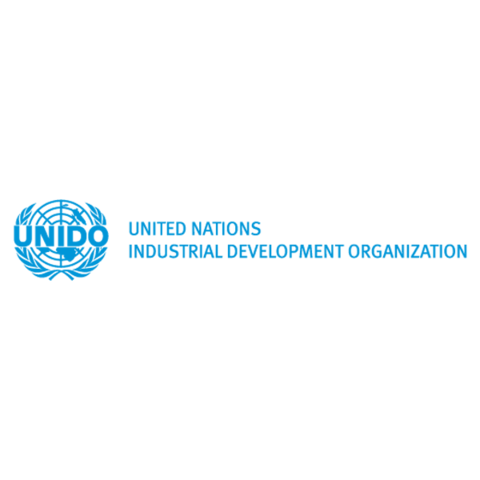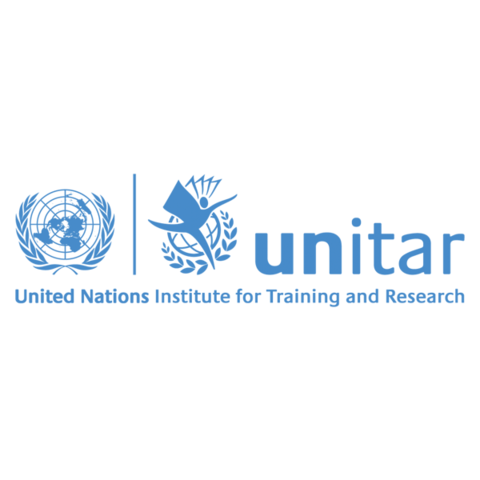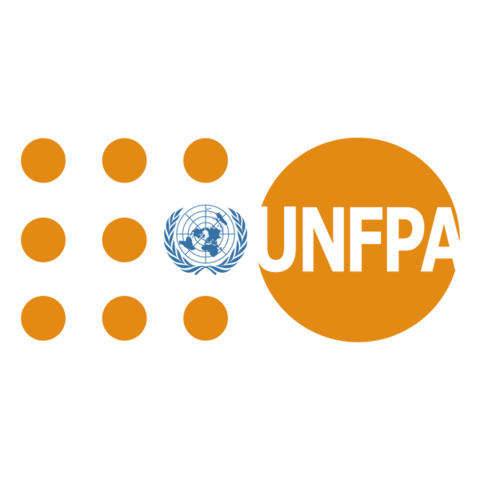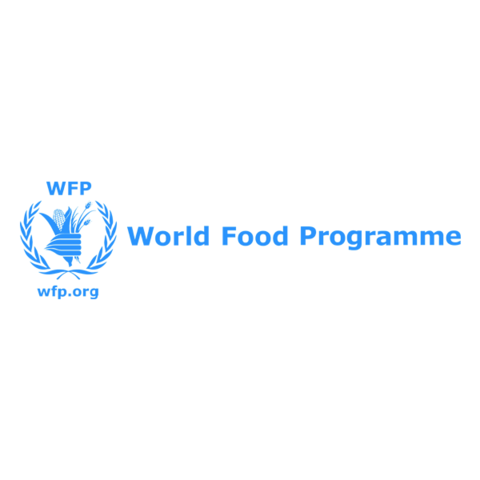UN Joint Efforts
The UN development system is composed of a wide array of specialized agencies. Each has a unique set of capacities, expertise, and partner networks. Through SDG Fund joint programmes, UN agencies come together, with the critical support of the UN resident coordinator, in service of each country.
“Delivering as One” refers to a concept at the core of the UN reform process: coordinating different agencies to exploit their competitive advantages. A high level panel report with that title was published in 2006 demanding more coherence within the UN. The MDG Achievement Fund, precursor of the SDG Fund, was the largest UN initiative to put the “Delivering as One” principle into work, with proven positive results that are being taking up by the SDG Fund joint programmes:
- Creates broad and multi-stakeholder development platforms. Combining the specialized expertise of several UN Agencies, the SDG Fund brings about joint programmes that convene and put national and local goverments, civil society organizations, communities, and private sector to work together.
- Addresses multidimensional and complex priorities. Our programmes are able to tackle development priorities that converge and overlap. That’s for example the case of multidimensional issues, such as nutrition and food security. By targeting multi-dimensional development challenges, our programmes have also helped to increase cross-sectoral government interventions.
- Promotes dialogue. When a multisectoral approach is properly included in the programme design, it not only contributes to improving coordination and effectiveness of the UN System, but also to intersectoral dialogue and coordination among national institutions. This is why almost 50 governments have adopted this modality of work with the UN.
The inclusive leadership of UN resident coordinator is essential for the success of this approach. The resident coordinator must balance involvement, transparency, and functionality, and clarify institutional roles. The SDG-F believes profoundly in the articulating role of resident coordinators and provides a unique opportunity for them to strengthen their vital role as leaders of United Nations Country Teams (UNCT).
UN coherence for sustainable development
Fostering trust between partners also builds an important base for coordination. But even if the coordination learning curve is steep, results in the longer term clearly pay back.
UN coordination and Delivering as One, also known as UN system-wide coherence, is work in progress and an important element of the current efforts of the UN to get “fit for purpose” to deliver concrete and sustainable development results. The UN Secretary General has called the UN system to work more collaboratively. As sustainable development requires taking the social, economic, and environmental consequences of development programmes, UN coherence will be central.

